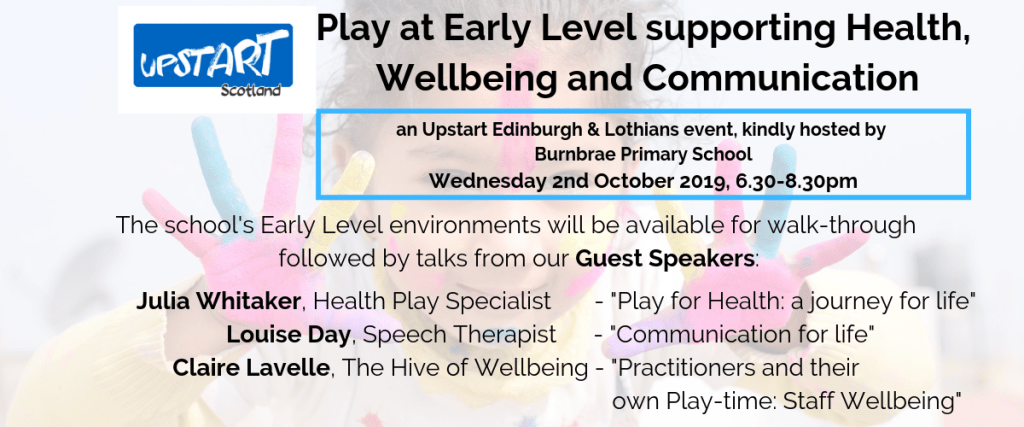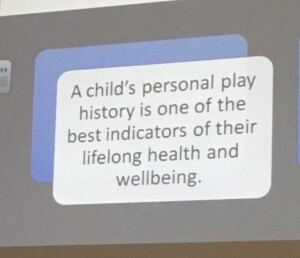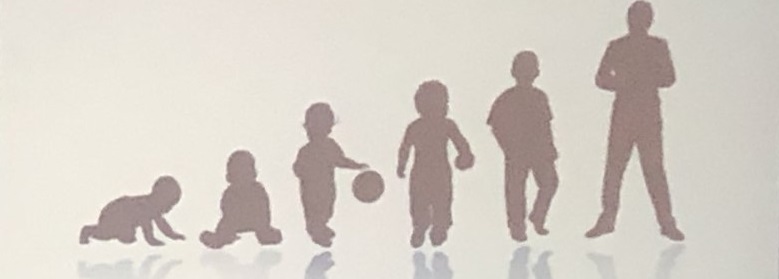
by an Upstart supporter
Upstart were delighted to partner with Burnbrae Primary School recently for the latest Edinburgh & Lothians event ‘Play at Early Level supporting Health, Wellbeing and Communication’.
The evening started with all attendees being given a fantastic opportunity to wander through the early years setting in the school and chat to the Burnbrae Early Years staff – what a treat! So much to take in (glad I took my camera) and such a rich, stimulating yet calming, environment in which our youngest children can thrive. 
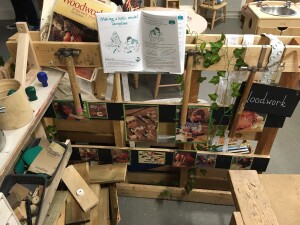
The nursery and P1/2 atrium is an absolute credit to their clearly passionate and forward-thinking team.

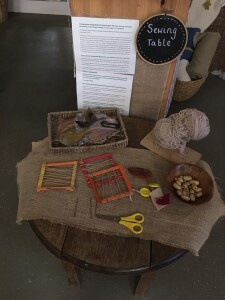
I think most of us would happily have spent another hour or so networking with fellow EY professionals and generally enjoying our nosy around but it was time to gather in the gym hall for the main event – our much anticipated guest speakers. A great turnout of over 85 people, not bad for a dreary midweek evening.
 First was a thought-provoking talk on ‘Play for Health: a journey for life’ from Health Play Specialist Julia Whitaker who, as a health professional, spoke from a slightly different perspective. It was inspiring to hear of play being used as a therapeutic tool for children and young people in hospitals, hospices and other community settings and of the driving force making this happen. Having the opportunity to play, explore, discover is clearly vital in all aspects of childhood.
First was a thought-provoking talk on ‘Play for Health: a journey for life’ from Health Play Specialist Julia Whitaker who, as a health professional, spoke from a slightly different perspective. It was inspiring to hear of play being used as a therapeutic tool for children and young people in hospitals, hospices and other community settings and of the driving force making this happen. Having the opportunity to play, explore, discover is clearly vital in all aspects of childhood.
Sadly our second guest speaker, Louise Day, was unable to attend the event so it was over to Claire Lavelle from The Hive of Wellbeing, for an upbeat ‘Practitioners and their own Play-time: Staff Wellbeing’. This turned into a real soul-searching session for many of us, as Claire encouraged us to think about the value of play into adulthood. How many of us play beyond our childhood years? Is play something we suppress or avoid, thinking that we perhaps play is a misuse of our time – time we should be spending doing ‘adulting’? Thought-provoking stuff.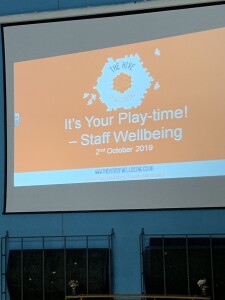
Leading on from our two super guest speakers, Kerry Knight (DHT at Burnbrae) then showcased some of the fantastic work going on as part of the Power of Partnership. Staff from several settings (Burnbrae PS/Hawthornden PS/Woodburn PS/Mount Esk Nursery) have been working collaboratively to empower all EY staff to deepen their understanding of the principles of Froebel. I don’t think there was a dry eye in the room as Kerry shared some slides from the POP journey so far – proud indeed!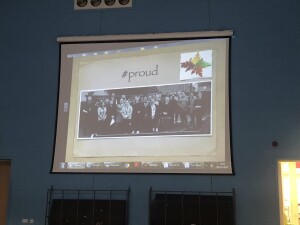
Enormous thanks to Debbie Beveridge and the rest of the Burnbrae team for hosting tonight’s event. I think it’s safe to say that we all shared in something special this evening.


